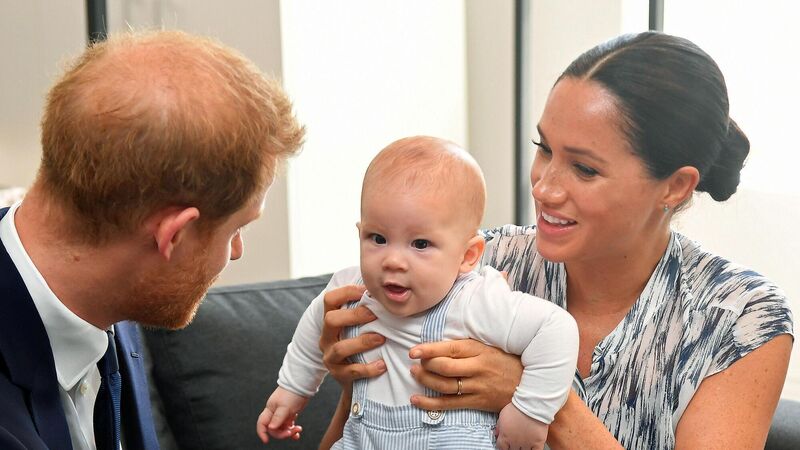Alison O'Connor: Is it enough simply not to be racist? Should we offer more support?

Harry and Meghan holding their son, Archie. Their recent interview has presented an opportunity for us all to take stock of our attitudes.
Amid all the controversy in the wake of the interview with Prince Harry and Meghan Markle there was one comment which really stood out. It was indeed remarkable in this context, but it was also one that you could easily imagine being made in so many Irish households.
In the interview Meghan said that when she was pregnant with her son, Archie, there were “conversations about how dark his skin might be when he’s born”. Prince Harry also said that racism “played a large part” of why the couple left the UK, especially the British press which he believes are bigoted.














